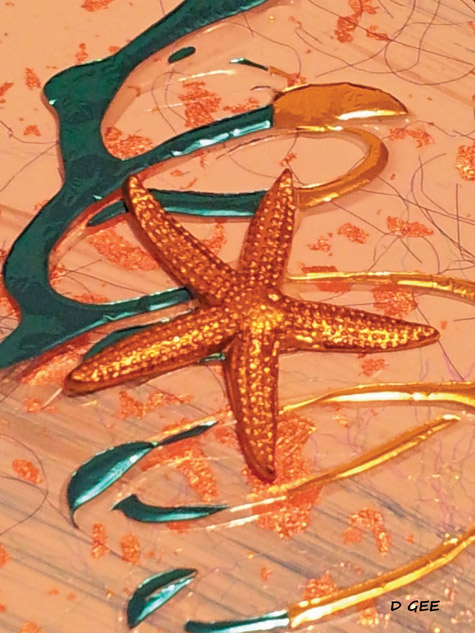by Jo Barnes –
Hello Readers! Hope you’re off to a great 2020! I don’t know about you, but I slept well last night and am full of beans! You may be wondering what legumes have to do with vitality, but let me explain. The phrase seems to have come into use around 1850 when it was customary to give beans as fodder for horses. It was thought that horses with this kind of diet had more energy. So maybe throw a few chickpeas or lentils into your dish today. You’ll not only fill up your fiber quota, but increase your energy level too!
Last month marked the start of a new year. For some of you, the festive season might have left you a bit run down. Have you been sideswiped by sickness? Do you just feel out of sorts? It’s a well-recognized phrase, but where did it originate? Some say it traces back to early typesetting. Metal types were called “sorts” and were stored in individual compartments. If stored incorrectly or were deficient in number, they were referred to as being “out of sorts.” Others suggest it’s based on the Latin “sortem” meaning condition or category. No matter the explanation, here’s hoping you’re back to your optimum condition very soon.
In fact, I hope you feel completely in the pink! Don’t get me wrong: that’s not a suggestion for some bold new fashion look for 2020. It’s an expression meaning you’re in excellent condition. The phrase relates to the dianthus or pink, a flower so popular in the 16th century that it was a favourite of Elizabeth I and took on the broader meaning in society of “the peak of perfection.”
And for you music lovers out there, here’s hoping you’re fit as a fiddle! The phrase from the early 17th century meant “suitable or fit for purpose.” A fiddle required a lot of care and attention to keep it in good shape and sound. May you feel hale and hearty and be in great condition like a well-maintained fiddle.
Let me close and wish you a clean bill of health! It does sound rather formal, like an official statement or something passed on the parliamentary floor, but my meaning actually relates to physical health. The phrase has 17th century nautical origins. A ship would receive a certificate, called a clean bill of health, from the departing port confirming that it carried no presence of any contagions either on board or via its crewman. So readers, as you sail through the months ahead, hope you’re hale and hearty!
See you next time for some new expressions that are sure to be the cat’s meow!




